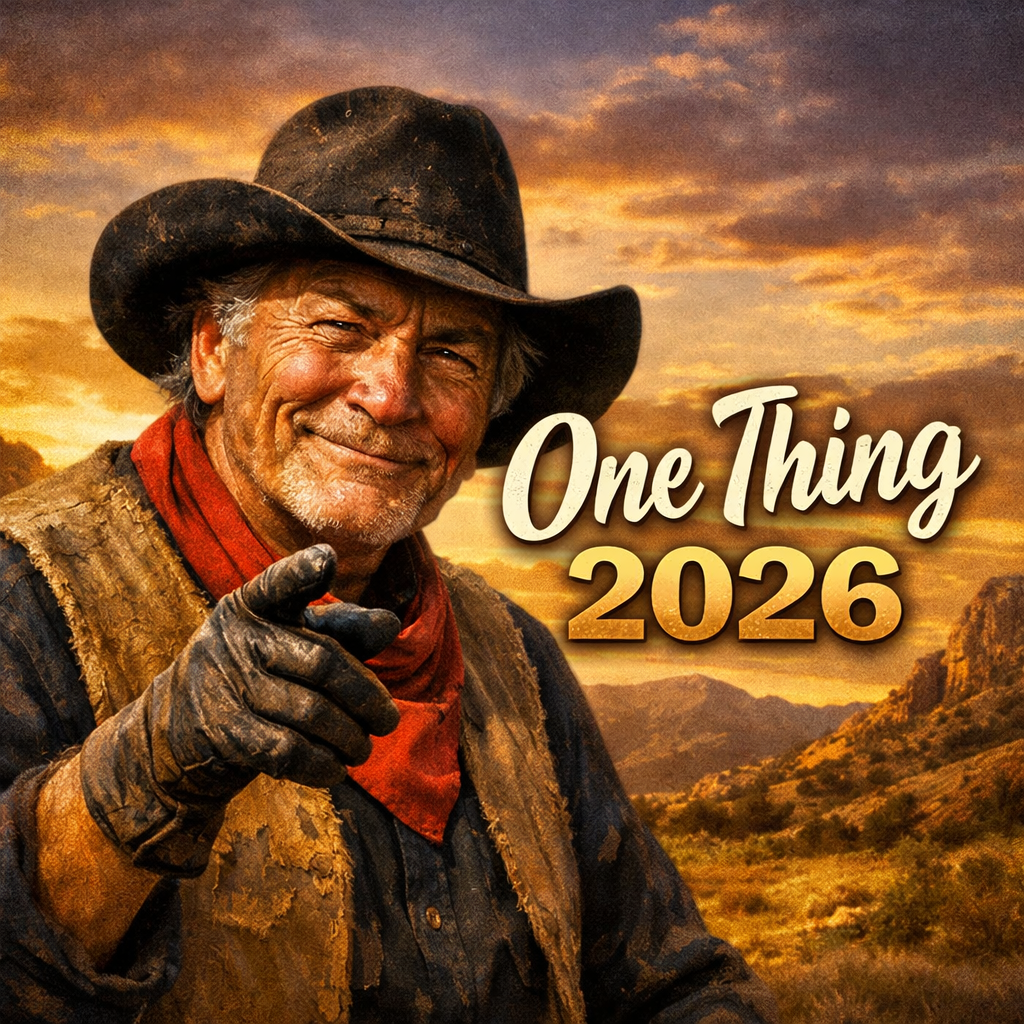NEW SHOW FEATURE: We are now LIVE streaming our shows. Want to join us live? Just click this link every Friday at 3pm ET / 12pm PT.
In this episode, we return to the pricing front lines. We’ll bring you up to speed on how pricing models are evolving in the experience, knowledge-work, and subscription zones — what’s working, what’s failing, and what you should keep an eye on.
We’ll walk through the shift from “set a price and forget it” to dynamic, value-based, relationship-driven pricing. There will be practical takeaways for service firms, consultancies, and knowledge-work businesses: how to rethink your pricing structure, how to engage clients around value, and how to prepare for what’s next.
Whether you’re revisiting your base pricing, pivoting into subscription or retainer models, or simply looking to tighten up the value conversation — this update is your check-in and wake-up call. Tune in to learn what Ron & Ed have learned (and re-learned) so you don’t repeat the same mistakes.
AI SHOW NOTES (Greg was busy with his new, fancy friends)
Fair Pricing Strategies and Perceptions
Ed and Ron discussed the concept of fair pricing, drawing from a LinkedIn post by Dan Nillo, who emphasized that fair price is a perception rather than a formula. They explored various strategies companies use to make price increases seem fair, such as linking increases to improved services or wages, and the importance of transparency in pricing. Ed expressed skepticism about the need to justify price increases, preferring a straightforward approach, while Ron highlighted the value of storytelling in pricing to manage customer perceptions.
Pricing Strategies and Customer Narratives
Ed and Ron discussed a pricing update from China involving public restroom dispensers that require users to scan a QR code and watch online advertising before releasing toilet paper. They also reviewed various pricing strategies from companies like Patagonia, Apple, and Starbucks, emphasizing how storytelling and emotional appeals can influence pricing in both B2C and B2B contexts. Ron highlighted examples such as Siemens' shift to subscription-based models and Caterpillar's transparent explanation of pricing factors, while Ed noted the importance of repositioning value through narratives that resonate with customers.
Narrative Pricing Strategy Insights
Ed and Ron discussed the importance of narrative in pricing strategies, drawing parallels to Zig Ziglar's teachings and Snap-on Tools' approach of prioritizing quality over price. They explored how personalization and dynamic pricing can boost revenue but emphasized the need to balance this with maintaining customer trust, as excessive surveillance pricing could lead to regulatory issues and erode consumer trust.
Dynamic Pricing Strategy Discussion
Ron and Ed discussed the risks and ethical considerations of using price discrimination tactics, emphasizing the importance of careful implementation and potential public backlash. Ed shared insights from an article by Pascal Yamin on common pitfalls in dynamic pricing, including the "boil the ocean" mistake, the "technology-first trap," and the "vanity metrics problem." They agreed on the need for focused, outcome-based approaches to pricing and highlighted the importance of practical adoption by sales teams. Ron introduced the topic of AI, noting its potential to help reach incorrect conclusions more quickly, and the group agreed to continue the discussion after the break.
AI Pricing Strategy Challenges
Ron and Ed discussed the pitfalls of using AI in pricing strategies, emphasizing that AI can optimize the wrong model and lacks understanding of customer-specific factors. They highlighted the importance of clear strategy, positioning, and human judgment in pricing decisions. Ron shared insights from an article by Mark Stiving on the Compass Framework, which categorizes pricing metrics into inputs, access, activities, outputs, and outcomes, advocating for outcome-based pricing as the holy grail despite its challenges.
AI Monetization in Marketing Agencies
Ron and Ed discussed the impact of AI on professional services, particularly in marketing agencies. They explored how agencies can monetize AI through various pricing models, including output-based pricing, subscription licenses, and focusing on outcomes. They also touched on the importance of convenience in service delivery and the need for firms to move up the value chain to avoid commoditization. The conversation concluded with Ed sharing his experience using an AI tool to rename and renumber podcast episodes, highlighting the potential for AI to automate routine tasks.
Bonus Content is Available As Well
Did you know that each week after our live show, Ron and Ed take to the microphone for a bonus show? Typically, this bonus show is an extension of the live show topic (sometimes even with the same guest) and a few other pieces of news, current events, or things that have caught our attention.
Click the “FANATIC” image to learn more about pricing and member benefits.










